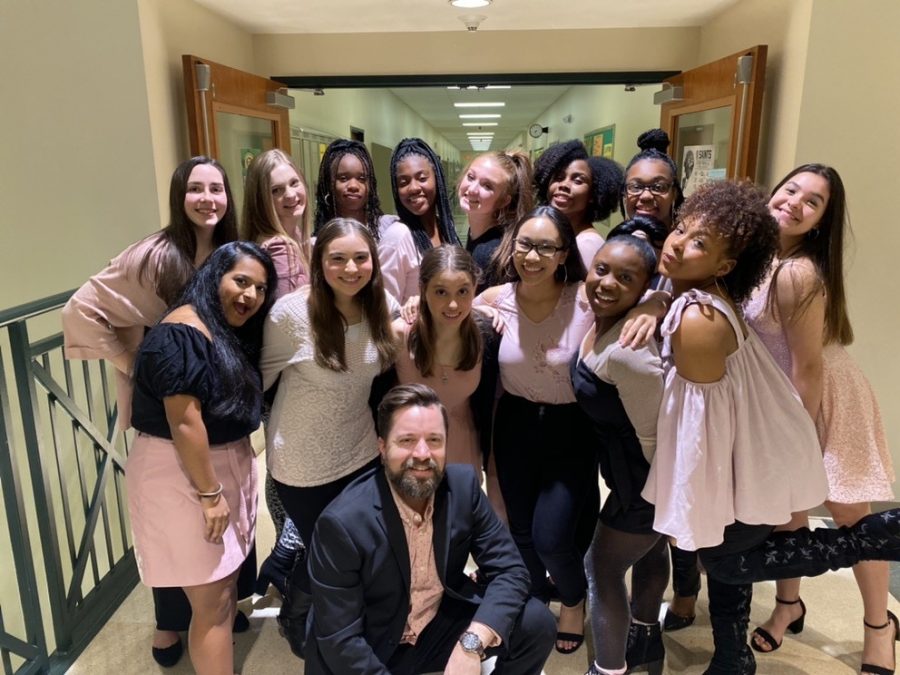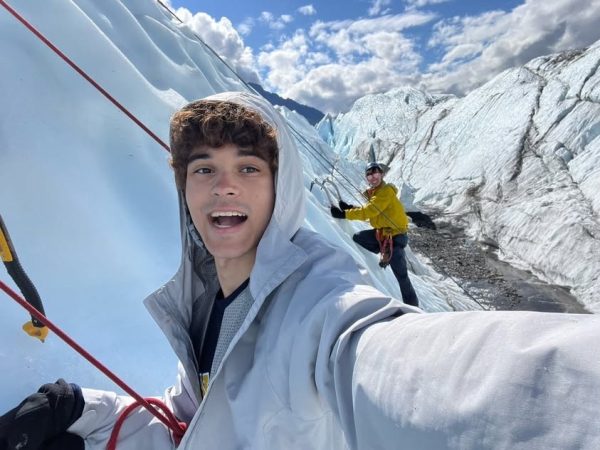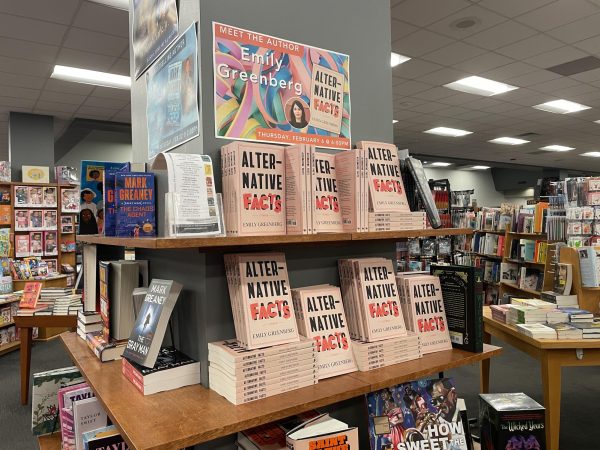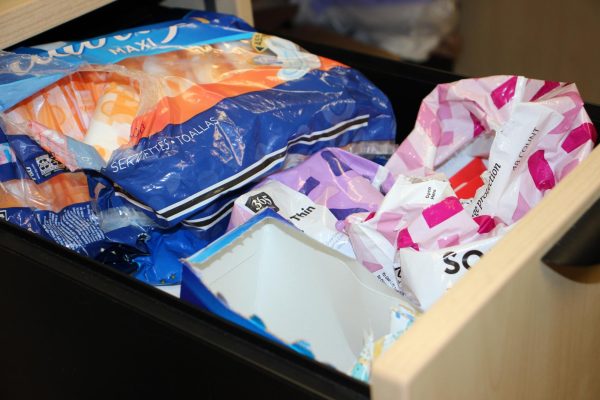A cappella style: White Station’s Do re he and Key of she choirs
Deana Minor (Used with permission)
Do re he and Key of she are both a cappella choir groups at White Station. They meet everyday during seventh period to practice blending their voices into beautiful harmonies.
There are many talented singers in White Station High School’s choir program. However, musical talent and a passion for singing are two necessities to be a member of Key of She and Do Re He.
“The main skill you need to be in Do re he/Key of she is confidence that can be seen from a mile away. You have to be original and creative. And of course you have to be able to sing,” Deana Minor (10) said.
Both groups sing a cappella style, which means they sing without the aid of instruments.
“If this class didn’t exist I wouldn’t have a way to experience special events, gain knowledge about performing or singing contemporary a cappella so…this class provides special opportunities,” Owen Keaton (11) said.
During seventh period, the harmonies and melodies of their pieces can be heard echoing through the hall as they rehearse in the choir room.
“It’s a small choir experience…By nature it is exclusive,” said Daniel Massey, the director of Key of She and Do Re He. Meanwhile, choir is as inclusive as possible. “There’s no skill set that can’t be improved upon when it comes to choir, so when it comes to a small group like this you Because there are fewer members, they are able to exercise creative freedom when it comes to interpretation. This is different from a normal choir setting with multiple people singing in unison.
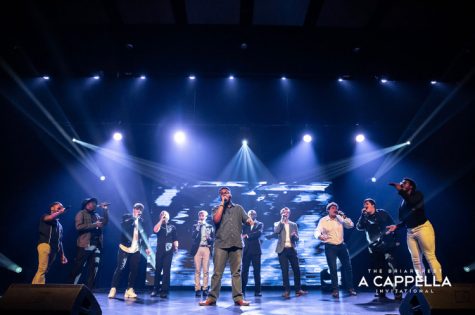
Do re he and Key of she are both a cappella choir groups at White Station. They meet everyday during seventh period to practice blending their voices into beautiful harmonies.
“Every person typically sings their own part, and so they get some more interpretive abilities…They’re their own artist,” Massey said.
Although Key of She and Do Re He often perform separately, they practice together and are able to bond as one cohesive group.
“I think that people look at Do re he/Key of she as separate groups but in reality we are like one big family. We are always there for each other,” Minor said.
Your donation will support the student journalists of White Station High School. Your contribution will allow us to purchase equipment and cover our annual website hosting costs.



































